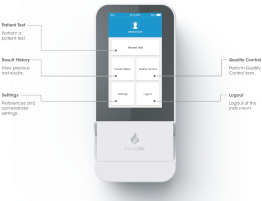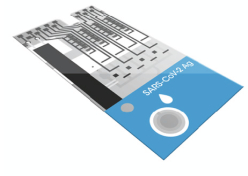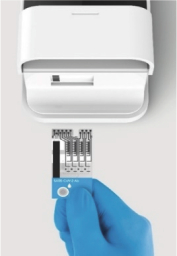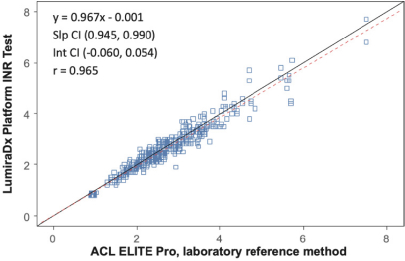entities and their business associates must meet and do not supersede state laws that are more stringent or provide individuals with greater rights with respect to the privacy or security of, and access to, their records containing protected health information.
These laws contain significant fines and other penalties for wrongful use or disclosure of protected health information, failure to safeguard protected health information, or failure to notify of a breach of protected health information. Additionally, to the extent that we submit electronic healthcare claims and payment transactions that do not comply with the electronic data transmission standards established under HIPAA and the HITECH Act, payments to us may be delayed or denied.
United States Federal and State Fraud and Abuse Laws
In the United States, there are various fraud and abuse laws with which we must comply and we are potentially subject to regulation by various federal, state and local authorities, including CMS, other divisions of the U.S. Department of Health and Human Services (e.g., the Office of Inspector General), the Department of Justice, or DOJ, and individual U.S. Attorney offices within the DOJ, and state and local governments. We also may be subject to foreign fraud and abuse or similar laws.
In the United States, the federal Anti-Kickback Statute prohibits, among other things, persons and entities from knowingly and willfully offering, paying, soliciting or receiving remuneration (including any kickback, bribe, or certain rebates), directly or indirectly, overtly or covertly, in cash or in kind, to induce or reward, or in return for, either the referral of an individual, or purchasing, leasing, ordering, recommending or arranging for the purchase, lease, arrangement, recommendation or order of, any good, facility, item, or service for which payment may be made, in whole or in part, under a federal healthcare program, such as the Medicare and Medicaid programs. A person or entity can be found guilty of violating the statute without actual knowledge of the statute or specific intent to violate it. The term remuneration has been interpreted broadly to include anything of value. Courts have stated that a financial arrangement may violate the Anti-Kickback Statute if any one purpose of the arrangement is to encourage patient referrals or other federal healthcare program business, regardless of whether there are other legitimate purposes for the arrangement. Violations are subject to significant civil and criminal fines and penalties for each violation, plus up to three times the remuneration involved, imprisonment, and exclusion from government healthcare programs. In addition, a claim submitted for payment to any federal healthcare program that includes items or services that were made as a result of a violation of the federal Anti-Kickback Statute constitutes a false or fraudulent claim for purposes of the FCA. Many states also have anti-kickback statutes, some of which may apply to items or services reimbursed by any third-party payor, including commercial insurers.
In addition to the administrative simplification regulations discussed above, HIPAA also created two new federal crimes: healthcare fraud and false statements relating to healthcare matters. The healthcare fraud statute prohibits knowingly and willfully executing, or attempting to execute, a scheme to defraud any healthcare benefit program, including private payors, or obtaining, by means of false or fraudulent pretenses, representations, or promises, any of the money or property owned by, or under the custody or control of, any healthcare benefit program, regardless of the payor (e.g., public or private). A violation of this statute is a felony and may result in fines, imprisonment or exclusion from governmental payor programs such as the Medicare and Medicaid programs. The false statements statute prohibits knowingly and willfully falsifying, concealing or covering up by any trick or device a material fact, or making any materially false, fictitious or fraudulent statement in connection with the delivery of or payment for healthcare benefits, items or services. A violation of this statute is a felony and may result in fines, imprisonment or exclusion from governmental payor programs. Similar to the federal Anti-Kickback Statute, a person or entity can be found guilty of violating HIPAA fraud provisions without actual knowledge of the statute or specific intent to violate it.
Finally, another development affecting the healthcare industry is the increased enforcement of the FCA and, in particular, actions brought pursuant to the FCA’s “whistleblower” or qui tam provisions. The federal civil and criminal false claims laws, including the FCA and civil monetary penalty laws impose liability on any person or entity that, among other things, knowingly presents, or causes to be presented, a false or fraudulent claim for payment to, or approval by Medicare or Medicaid, or other federal governmental payor programs; or knowingly makes, uses, or causes to be made or used, a false record or statement material to a false, fictitious or fraudulent claim or an obligation to pay or transmit money or property to the federal government; or knowingly conceals or knowingly and improperly
123






